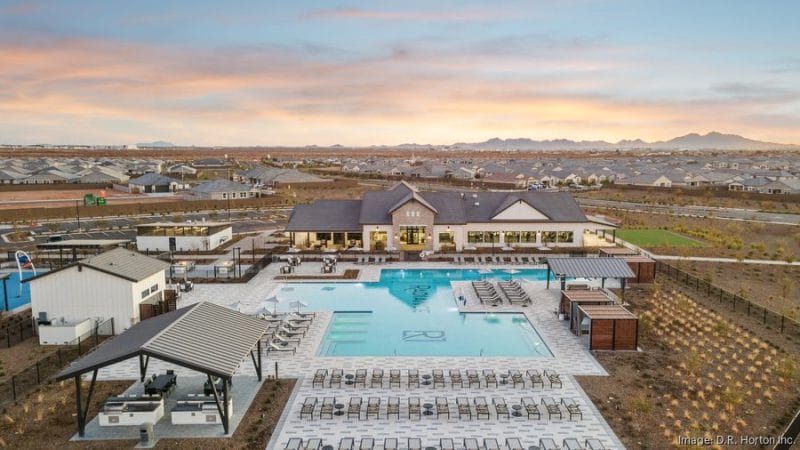This is a look at the Coolidge Generating Station, which Salt River Project wants to expand. The Arizona Corporation Commission took no action earlier this week related to SRP’s proposal to expand the gas plant after it voted in April against the concept. SRP tried to bring a pared down version of the expansion before the commission. /Photo courtesy of SRP
By Wayne Schutsky | Arizona Capitol Times
After adding a controversial project to its agenda at the last minute, the Arizona Corporation Commission then took no action related to the gas plant expansion proposed by Salt River Project that the commission shot down earlier this year.
In April, the commission voted 4-1 against SRP’s proposal to spend $1 billion to add 16 new gas units to its Coolidge Generating Station after environmental advocates and residents of Randolph – a historically Black community neighboring the station – vocally opposed the effort. The lone “yes” came from Republican Justin Olson, who is running for U.S. Senate.
After the April vote, SRP attempted to bring a pared down version of the expansion before the commission that included additional benefits for Randolph residents, but the commission voted against revisiting the proposal on a 3-2 vote, with Chairwoman Lea Márquez Peterson joining Olson in support of taking another look at the proposal.
SRP filed an appeal of the Corporation Commission’s decision in Maricopa County Superior Court last week and leveled several allegations at the commission, including that it improperly considered “environmental justice” as a factor when considering the plant expansion.
“There are no requirements or standards in the Line Siting Statutes or Commission rules for an environmental justice analysis relating to the issuance of a (certificate of environmental compatibility),” according to the complaint.
SRP also filed a petition for special action asking the Arizona Supreme Court to take up the case, but the court declined special action jurisdiction in an order issued July 11.
In its lawsuit, SRP’s attorneys argued the company identified a “critical need” to bring additional energy generating systems online to meet the needs of the growing population in its service area and that the commission overstepped its statutory authority. SRP alleged the Corporation Commission’s decision was not based on factors defined in law – such as the effect on wildlife, noise levels or historic sites – but was influenced by the views of Randolph residents and the Sierra Club.





